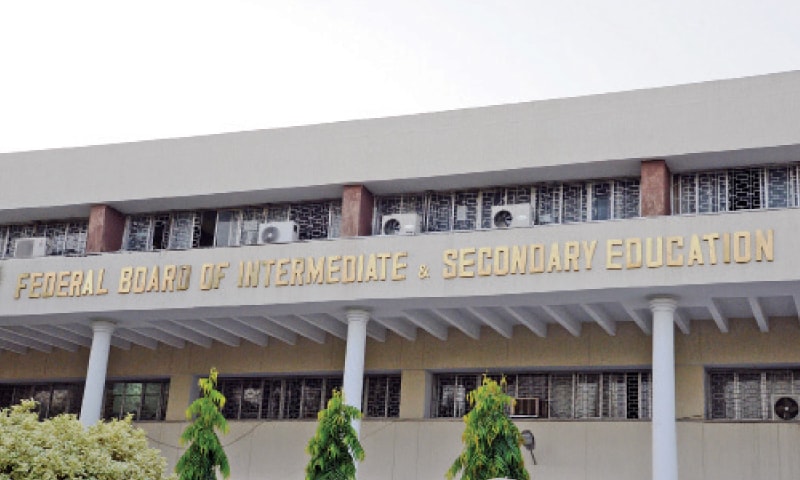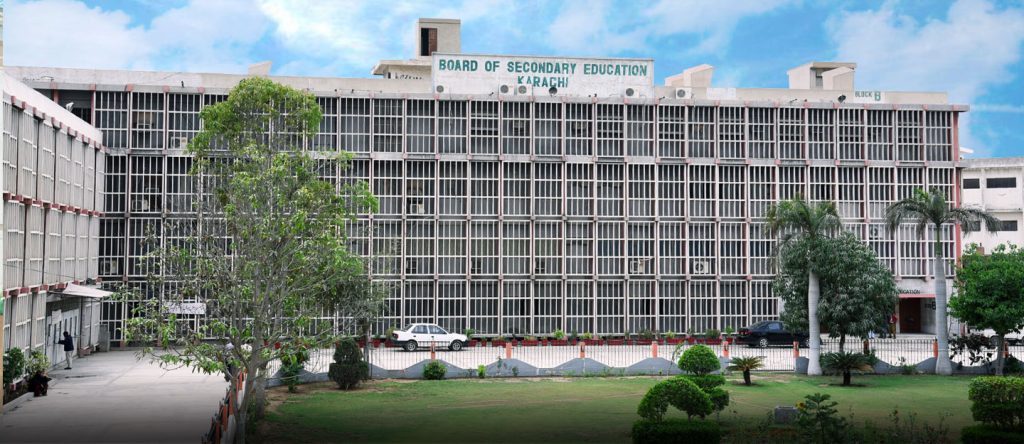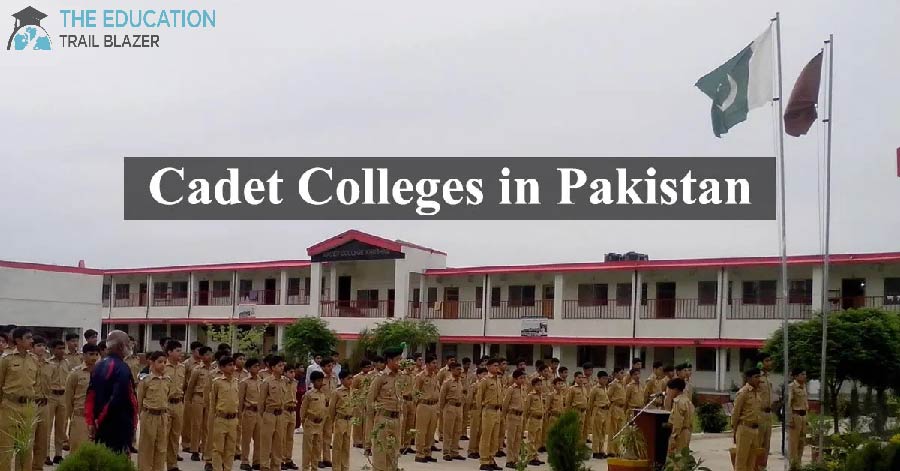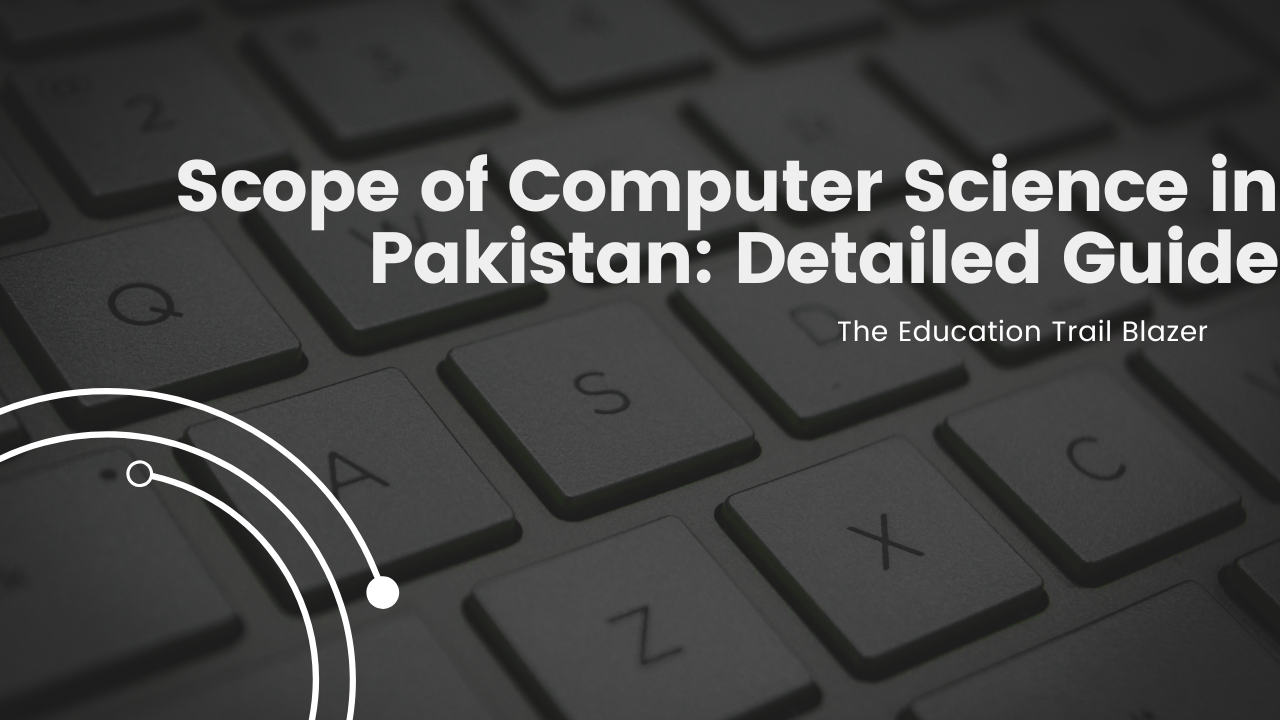The education landscape in Pakistan is diverse and dynamic, with various educational boards responsible for regulating and managing the academic standards across the country. These boards play a crucial role in shaping the educational experience of students and preparing them for future endeavors. In this article, we will delve into some of the best educational boards in Pakistan, highlighting their features, strengths, and frequently asked questions.
The Top 5 Best Educational Boards in Pakistan
Educational boards in Pakistan serve as cornerstones of the nation’s academic landscape. These boards play a vital role in setting educational standards, designing curricula, conducting examinations, and fostering a conducive learning environment. Let’s delve into the top 5 best educational boards in Pakistan, each contributing uniquely to the educational development of the country.
List of Top 5 Best Educational Boards in Pakistan
- Federal Board of Intermediate and Secondary Education (FBISE)
- Punjab Education Board (BISE Punjab)
- Board of Intermediate and Secondary Education, Karachi (BISE Karachi)
- Khyber Pakhtunkhwa Board of Intermediate and Secondary Education (BISE KP)
- Sindh Education Boards (BISE Sindh)
Federal Board of Intermediate and Secondary Education (FBISE)

The Federal Board is one of the most prominent educational boards in Pakistan, responsible for overseeing the education standards in the federal territory and overseas Pakistani institutions. Known for its rigorous curriculum and comprehensive assessment methods, FBISE prepares students for both intermediate (11th and 12th grades) and secondary (9th and 10th grades) examinations. Its focus on modern teaching techniques and competitive examinations has made it a preferred choice for many students.
Read More: Which is Better A levels or FSc For Students in Pakistan?
Punjab Education Board (BISE Punjab)
BISE Punjab is the largest educational board in Pakistan in terms of student enrollment. It covers the province of Punjab and conducts examinations for both matriculation and intermediate levels. The board is known for its extensive resources, diverse subject options, and emphasis on continuous assessment. BISE Punjab’s commitment to educational excellence has contributed to its popularity among students aiming for higher education within the province and beyond.
Board of Intermediate and Secondary Education, Karachi (BISE Karachi)

BISE Karachi holds significance as the main educational board for the urban center of Karachi. It oversees the curriculum and examination processes for both secondary and intermediate education. BISE Karachi is known for its innovative initiatives to enhance learning outcomes and promote extracurricular activities. The board’s efforts to adapt to changing educational trends have earned it a reputation as a progressive and student-focused institution.
Khyber Pakhtunkhwa Board of Intermediate and Secondary Education (BISE KP)
BISE KP is responsible for regulating education in Khyber Pakhtunkhwa province. The board is recognized for its dedication to providing quality education and fostering a conducive learning environment. BISE KP offers a wide range of subjects at both matriculation and intermediate levels, enabling students to pursue their academic interests effectively.
Sindh Education Boards (BISE Sindh)
Sindh province is divided into several educational boards, each responsible for a specific geographical area. These boards collectively form the BISE Sindh network. The boards under BISE Sindh are known for their commitment to maintaining education standards and conducting transparent examinations. They cater to the diverse needs of students across different regions of the province.
FAQs
Q1: How do these educational boards differ from one another?
Each educational board in Pakistan has its own administrative structure, curriculum, examination policies, and regulations. The differences can vary in terms of the subjects offered, examination patterns, and assessment methods. However, the ultimate goal of all these boards is to ensure a standardized and quality education for students.
Q2: Which board is the best for higher education opportunities?
The choice of educational board can influence higher education opportunities, but it’s not the sole factor. Universities and colleges across Pakistan generally accept certificates from all recognized boards. However, some students may prefer the educational board of the province where they plan to pursue higher education to simplify administrative processes.
Q3: Are there any differences in the grading systems of these boards?
Yes, there can be variations in grading systems. Some boards follow a relative grading system, while others use an absolute grading system. It’s important for students to understand the grading system of their respective board to interpret their results accurately.
Q4: How do these boards adapt to technological advancements in education?
Many educational boards are embracing technological advancements by incorporating e-learning platforms, online examination systems, and digital resources into their education delivery. This adaptation enhances accessibility and prepares students for a tech-driven world.
Q5: Can students switch between different educational boards?
Switching between educational boards might be possible, but it can involve administrative complexities due to curriculum and examination differences. It’s advisable to consult with educational institutions or relevant authorities before making such a transition.
Conclusion
The educational boards in Pakistan are the backbone of the nation’s educational system, responsible for shaping the academic journey of millions of students. While each board has its unique strengths, all share a common commitment to providing quality education. The best Educational board for a student depends on their individual needs, preferences, and future aspirations. As Pakistan’s education landscape continues to evolve, these boards will play a pivotal role in nurturing the leaders and professionals of tomorrow.





